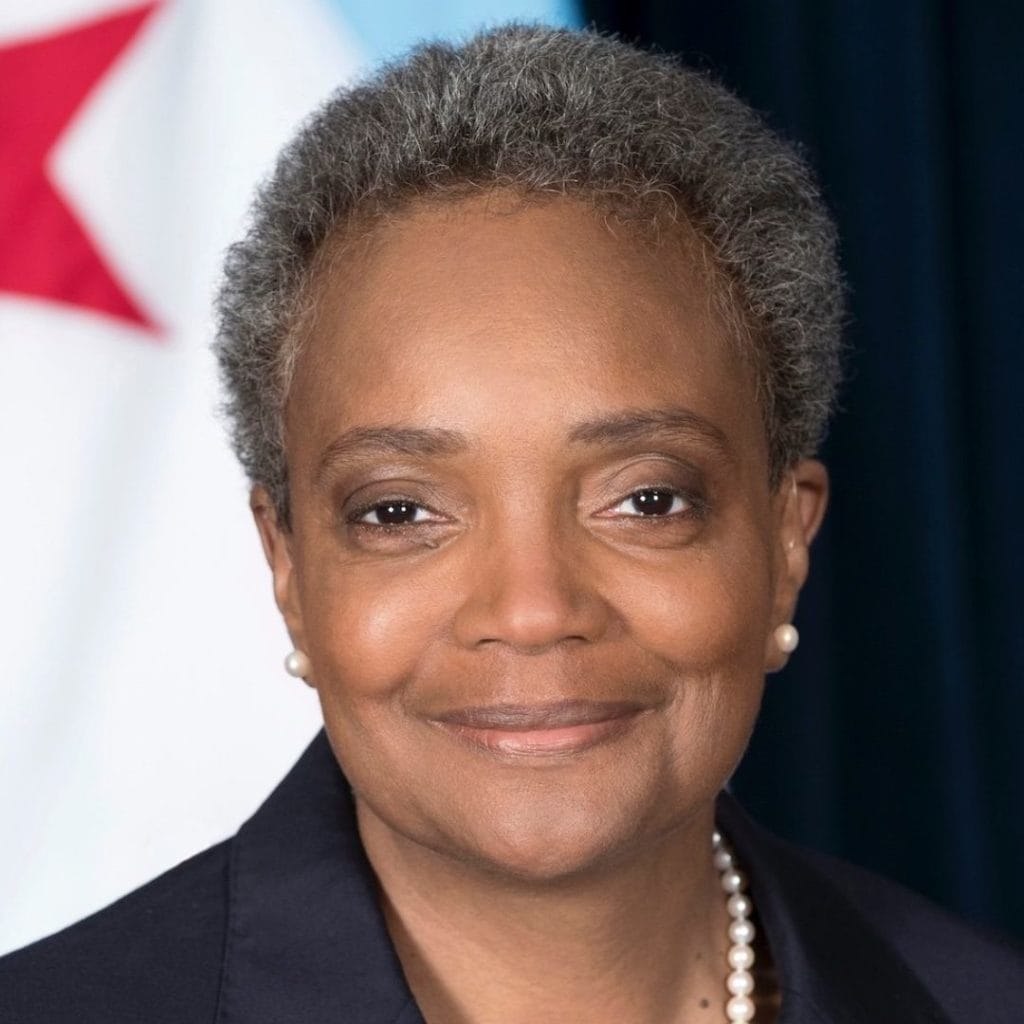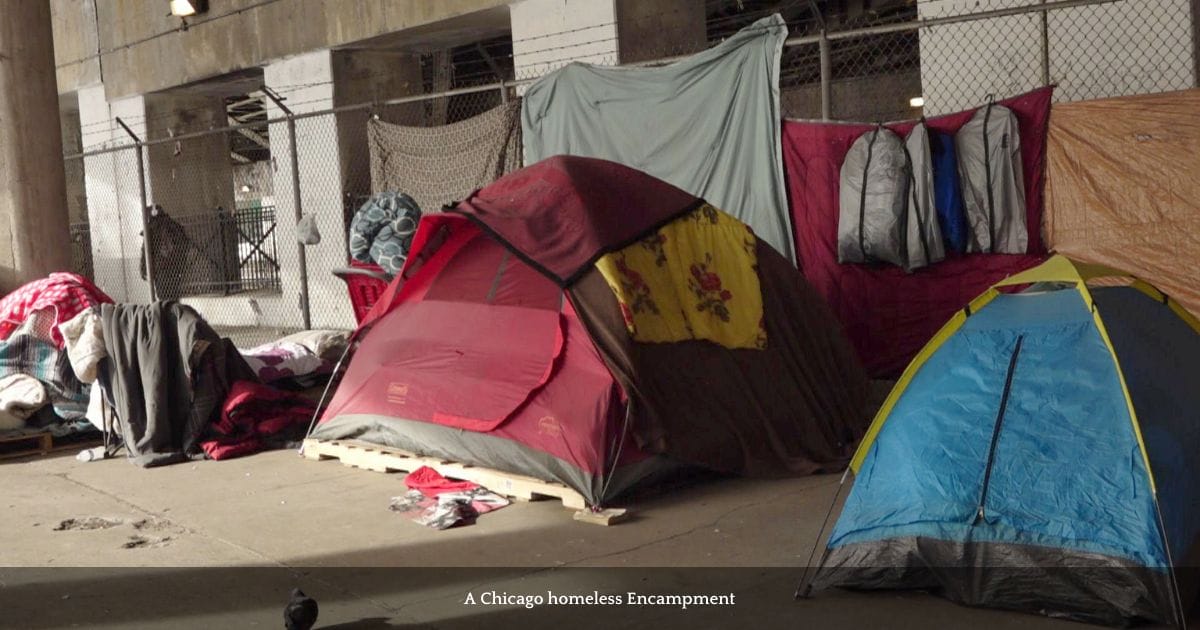Chicago’s homeless population will receive $214 million in housing assistance under Mayor Lori Lightfoot’s proposed $16 billion budget.

Lightfoot said the funds will go toward various programs, including $25 million for gender-based violence, $20 million in rental subsidies and $30 million in converting hotels into affordable housing developments.
Funded by the federal stimulus package known as the American Rescue Plan, the housing assistance will be the largest investment from the city to address homelessness.
In addition, the city’s $30 million Universal Basic Income pilot program will provide $500 a month to 5,000 low-income families each year. Doug Schenkelberg, executive director of the Chicago Coalition for the Homeless said on WTTW 11 that the mayor’s proposal was “not enough” to end the fight against homelessness.
“We were happy to see that our mayor included significant money in the budget, even though it was not as much as we had advocated for,” Schenkelberg said.
“But [the funding] is the most we have ever received. Our concern, like many others, is that this is a one-time funding source. We’ll only have a long-term impact if we have a long-term funding stream, which is something we’ve been advocating for a long time.”
Schenkelberg said there is also a strong need for mental health services.
“They’re dealing with health issues,” he said. “They’re dealing with mental health issues. They’re dealing with substance abuse issues. Many of those things can cause someone to enter homelessness, but the solution is really straightforward.
“We need a permanent housing project and support services that address the issues that are brought to them. This budget includes money to afford that type of permanent housing as well as other services, but we need to include mental health services.”
During her campaign for mayor, Lightfoot promised to re-open the city’s mental health clinics that her predecessor Rahm Emanuel closed. Lightfoot broke that promise when she became mayor.
However, Lightfoot said a balanced 2023 budget signals a strong turnaround of the city’s finances. She promised to continue investing in key areas to help Chicago recover from the pandemic.
Lightfoot said before she released the budget proposal, her office held community meetings to gather input from residents.
“Each and every year, community engagement has helped to guide us as we continue to provide the services our residents need, while keeping the city on a course toward a stable and sustainable financial future,” said Budget Director Susie Park.
“The city has invested more than $2 billion in improving essential city services and new and ongoing key investments as a result of ongoing community feedback.”
“Chicago’s 2023 ‘Stability Budget’ allows us to fulfill an important obligation we have to our residents and future generations: to seize this once-in-a-lifetime opportunity to transform our city for the better,” Lightfoot said.
“We will develop Chicago into a safer, stronger and more economically resilient city while continuing to deliver best-in-class public services to our residents.”
As a further manifestation of the city’s strong economic recovery from the pandemic, the 2023 budget estimates a $260 million increase in revenues since the budget forecast was released.
New investments in the 2023 budget include a $3.1 million investment for reproductive health care, an additional investment of over $10 million for homelessness and other supportive services, $7.5 million for improvements to city processes around hiring, procurement, and IT, and $13.5 million for public safety.
Under the new budget, the city won’t impose new taxes on homeowners. The new budget also calls for an additional $242 million in early pension payments after the city increased its annual contributions by $1 billion in the past three years.
As a result, this year the city announced the smallest budget gap since Mayor Lightfoot took office. Other financial accomplishments include:
• Funded Pensions – Over the last three years, the city increased annual pension contributions by $1 billion in order to shore up the retirements of the essential service workers, and for the first time in 15 years, the city has seen increased funded ratios in its 2021 financials.
• Reduced Debt – The city climbed a debt ramp created by the end of scoop and toss in 2022 and over the last three years has reduced the total debt outstanding by $377 million through more active cash flow management.
• Invested in Chicago Works – The city cleared large deferred maintenance by funding a $1.2 billion Chicago Works program, which invests in the city’s streets, bridges, lighting, shoreline, and much more.
• Generated New Financial Value – The mayor also created nearly $3 billion in new financial value for the city with nearly $2 billion from a new casino, after three decades of pursuit and almost $1 billion from a preliminary water supply contract with the city of Joliet, the first new water supply customer in three decades.
“After three years of hardship, the 2023 budget reflects how prioritizing fiscal responsibility and equity lead to a healthy economic recovery,” said 3rd Ward Alderman Pat Dowell, Chairman of Budget and Government Relations.
“Focusing investments in historically disinvested neighborhoods, performing meaningful community engagement, and increasing transparency have long been my cornerstones for the budget process. This budget reflects all of these values and presents a strong outlook for Chicago’s future.”






